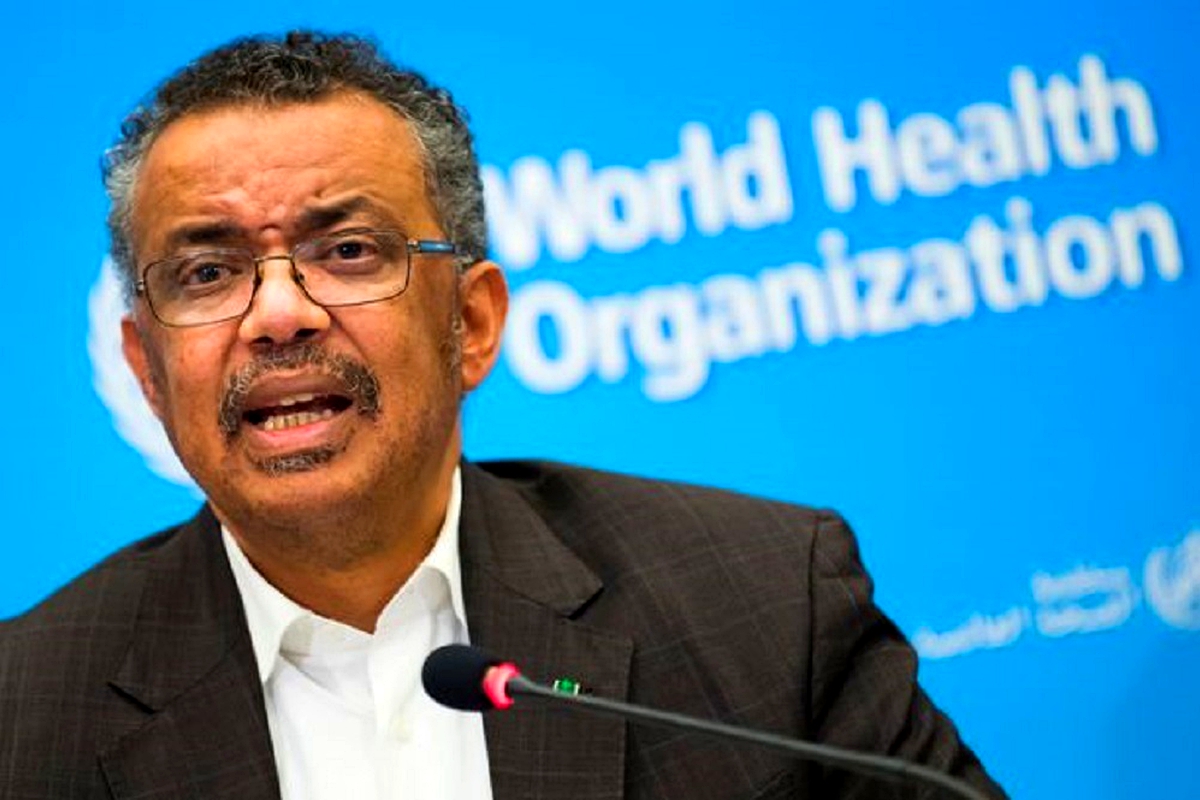THE World Health Organisation (WHO) has developed a handbook to help countries measure their foodborne disease burden and identify food safety system needs and data gaps in order to strengthen national infrastructure and better protect people’s health.
health
June 8, 2021
STAFF REPORTER
2 min read
WHO strategises to reduce foodborne disease burden

WHO Director-General Dr Tedros Adhanom Ghebreyesus
WHO says every year, 600 million cases of foodborne illnesses are reported around the world, adding that in 2010, 420 000 people died due to such diseases.
It shows that a third of the people who died were children under five years of age, estimating that this figure is increasing year after year, although it is difficult to get a clear picture of the real impact foodborne diseases are having around the world.
WHO Director-General Dr Tedros Adhanom Ghebreyesus, said food should sustain and support human health, not harm it, adding that the new handbook will help countries to collect and analyze data to inform sustained investments in food safety.
He said the COVID-19 pandemic has demonstrated the intimate links between the health of humans, animals and the planet that sustains them, hence WHO will continue to work with partners with a One-Health approach, in order to keep communities safe from foodborne disease.
In 2020, the World Health Assembly adopted a new resolution mandating WHO to monitor the global burden of foodborne and zoonotic diseases at national, regional and international levels and to report on the global burden of foodborne diseases with up-to-date estimates of global foodborne disease incidence, mortality and disease burden by 2025.
The organisation is reconvening its foodborne disease burden epidemiology reference group (WHO FERG) with 26 new international experts.
Enjoy our daily newsletter from today
Access exclusive newsletters, along with previews of new media releases.
The group’s main functions are to advise WHO on methodologies to estimate the global burden of foodborne diseases, to monitor global food safety indicators and measure progress being made in food safety.
There are over 250 different food hazards that cause various health issues such as acute or long-term illness or even death.
In 2015, the previous FERG helped WHO publish a historic report that revealed, for the first time ever, the global public health burden of foodborne diseases based on 31 foodborne hazards.
The report showcased the massive health impact of unsafe food and highlighted the need for strong and sustained action. LeNA
Tailored for you






